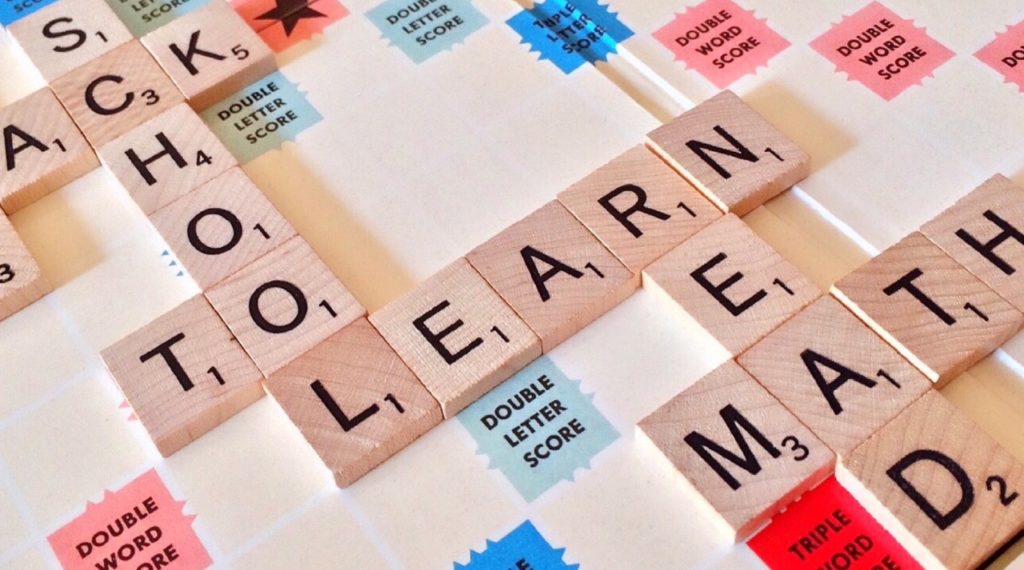“Literacy Teaching and Learning in the COVID-19 Crisis and Beyond” was the theme for this years’ International Literacy Day on September 8, 2020. UNICEF introduced the initiative in 1996 to encourage governments, businesses, and non-governmental agencies to promote and participate in programs to advance literacy for men, women, and children around the world.
 The gap between the literate and the illiterate was enormous in 1996. Fourteen years later, and despite literacy being one of the UN’s Sustainable Development Goals, illiteracy rates are greater than most can imagine. What is more, illiteracy and poverty are inextricably intertwined.
The gap between the literate and the illiterate was enormous in 1996. Fourteen years later, and despite literacy being one of the UN’s Sustainable Development Goals, illiteracy rates are greater than most can imagine. What is more, illiteracy and poverty are inextricably intertwined.
Where there is illiteracy, there is poverty. Where there is poverty, there is also illiteracy.
Illiteracy leads to poverty because the illiterate must settle for the lowest-paying jobs. They are also the low-hanging fruit that scam artists find the easiest to reach.
Poverty leads to illiteracy because the entire range of marginally to abjectly poor families often are unable to afford the cost of sending their children to school. This perpetuates generational illiteracy, which perpetuates generational poverty.
No One Can Afford to be Illiterate
When thinking of the intimate relationship between poverty and illiteracy, we often envision a disadvantaged family and the obstacles their children will face as they grow older. Unless someone intercedes in their lives, the future for those children is as close to hopeless as life can be.
When viewed on a global scale, illiteracy is even more heartbreaking. Right now,
- 773 million adults and young people lack basic literacy skills, including 617 million children and adolescents who lack even a minimal modicum of literacy proficiency.
- Two-thirds of illiterate adults are women. Illiteracy adds to the burden that many women around the globe suffer where they are considered second-class citizens.
- Functionally illiterate adults tend to earn 35% less than those who are literate.
- Two billion people can read a few words but struggle to read an entire sentence.
- Only 36% of the school teachers in Sub-Saharan Africa have the minimum required training necessary to bring their students to a functional level of literacy.
The COVID-19 pandemic is taking the spotlight on the International Literacy Day stage this year. At points during the response to the crisis, nearly 63% of the world’s student population was locked out of schools. That includes schools on six continents where, regardless of a student’s abilities, all affected were impeded from making progress toward overcoming illiteracy.
No One Wants to Be Poor
Non-governmental agencies, like the World Literacy Foundation, and faith-based organizations, like Gospel for Asia, are leaders in the movement to provide education for children and adults. The ability of these and hundreds of other similar organizations to eradicate illiteracy are entirely dependent upon the good graces of generous supporters to fund their literacy programs.
The illiterate cannot solve this problem on their own. They need our help. Click on the links to learn more about Gospel for Asia’s Bridge of Hope teaching centers or their Women’s Literacy programs.
Read more news on Literacy and Faith-Based Organizations and Gospel for Asia.
Sources:
- The United Nations, International Literacy Day, September 8
- The World Literacy Foundation, Official Website




